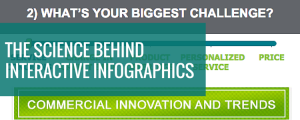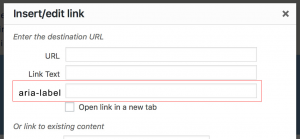The job market is rough, the pandemic has burned everyone out, and the overall mood about work is sour. Now, according to the 2023 State of Workplace Empathy Report from HR benefits technology company Businessolver, employees’ perceptions of workplace empathy has dropped.
The study surveyed 1,000 employees, HR professionals, and CEOs across six industries about the behaviors and benefits that make them feel like their workplace cares about them, and how they thought their employers were doing in that regard. Here are some key highlights:
“The gaps in perceptions that this year’s empathy findings reveal should be a wake-up call for leaders to check their perceived realities against the workplace realities of their employees,” the report noted.

(5)







